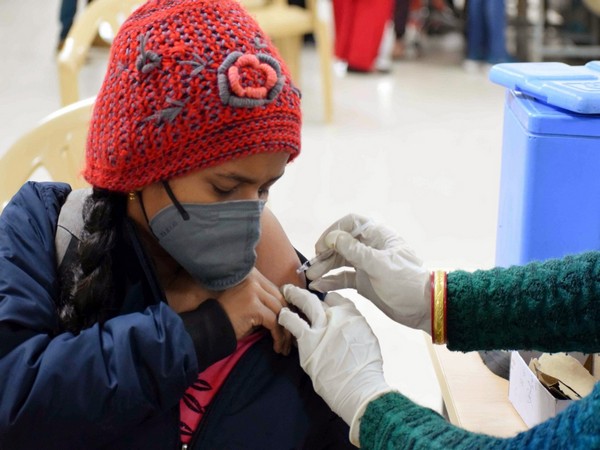WHO grants prequalification status to Takeda's dengue vaccine, TAK-003
TAK-003 becomes the second dengue vaccine to receive WHO prequalification, offering renewed hope in combating this mosquito-borne disease.

On May 10, 2024, the World Health Organization (WHO) granted prequalification status to Takeda's new dengue vaccine, TAK-003, marking a significant advancement in the fight against dengue fever. TAK-003 becomes the second dengue vaccine to receive WHO prequalification, offering renewed hope in combating this mosquito-borne disease.
Developed by Takeda, TAK-003 is a live-attenuated vaccine formulated with weakened strains of the four dengue virus serotypes responsible for causing the disease. WHO recommends its use specifically in children aged 6–16 years residing in areas with high dengue prevalence and transmission rates. The vaccine is administered in a two-dose schedule, with a three-month interval between doses.
Dr. Rogerio Gaspar, WHO's Director for Regulation and Prequalification, hailed the prequalification of TAK-003 as a pivotal step towards enhancing global access to dengue vaccines. With TAK-003 now eligible for procurement by UN agencies such as UNICEF and PAHO, its availability is expected to significantly bolster dengue prevention efforts worldwide. Dr. Gaspar also expressed the hope for more vaccine developers to step forward for assessment, underscoring the importance of ensuring vaccines reach all communities in need.
TAK-003 joins the CYD-TDV vaccine, developed by Sanofi Pasteur, on the WHO prequalification list, offering healthcare providers and policymakers a broader array of options in their fight against dengue fever.
Dengue fever, transmitted through the bite of infected mosquitoes, poses a significant public health challenge globally. Severe dengue, a potentially life-threatening complication, can arise from dengue infections, underscoring the urgency of effective prevention strategies.
With an estimated 100-400 million dengue cases occurring worldwide annually and 3.8 billion people residing in dengue-endemic regions, predominantly in Asia, Africa, and the Americas, the need for effective vaccination strategies is paramount. The WHO Region of the Americas reported a staggering 4.5 million dengue cases and 2,300 deaths in 2023 alone, highlighting the urgent need for preventive measures.
The threat of dengue fever is further compounded by climate change and urbanization, which are likely to fuel the spread of the disease and increase its geographic reach in the coming years. In this context, the WHO's prequalification of TAK-003 represents a crucial milestone in the global effort to curb the impact of dengue fever and protect vulnerable populations worldwide.
- READ MORE ON:
- Takeda
- World Health Organization
- TAK-003
- dengue










